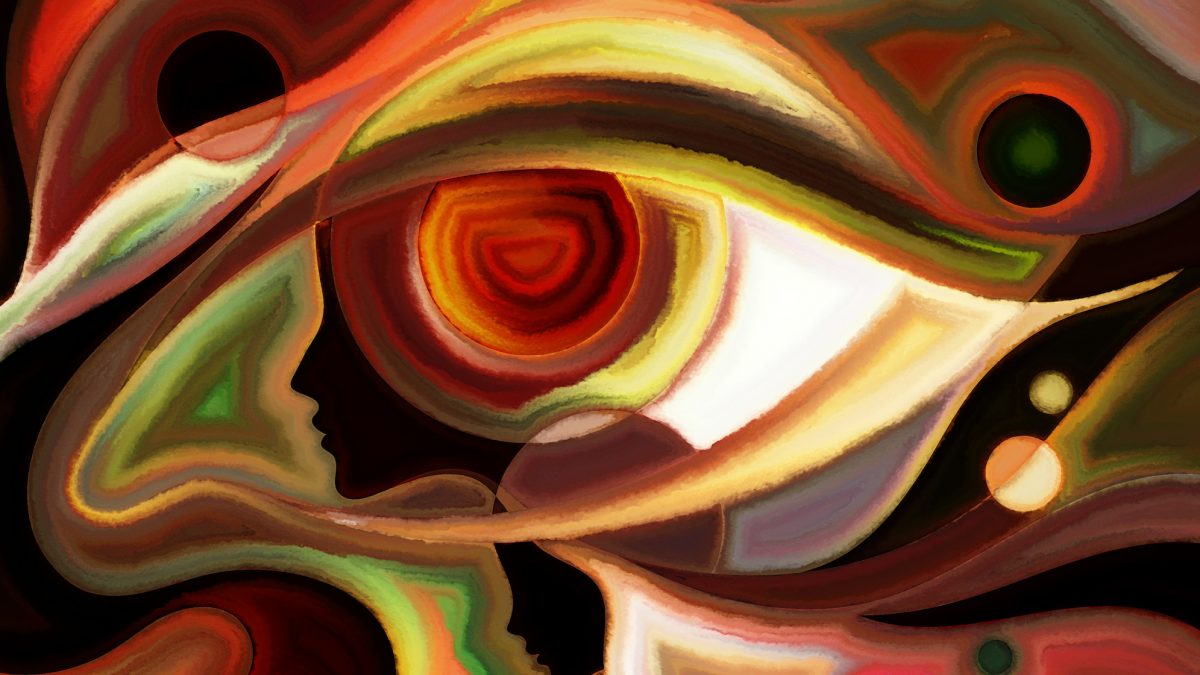Ways of Knowing (Refining Intuition)
{24 minutes}
Ways of Knowing
Refining Intuition
One of our primary projects is around developing and validating non-cognitive ways of knowing. Much of work training facilitators is in helping them develop and calibrate non-cognitive ways of knowing things. These are typically through embodied felt awareness, which has been a focus of our work for two decades. As our advisor Ilarion Merculieff points out, in the West, modern people typically associate intelligence with thinking whereas indigenous people conceptualize intelligence as something that arises when thinking stops. Mindfulness (hearfulness), whose doorway is the present moment, begins to invite us to contact and relate to our experience from the NOW. The now is the access the access point to felt experience. Does that make sense? The only place from which you can feel is the present moment. As we drop into the present, and drop into our bodies, our felt experience, non-cognitive dimensions of awareness naturally begin to come online. At a sensory level, this includes hearing, as we begin to listen. We might encounter a smell, or taste, or a touch (kinesthetic) awareness. Internally, we have access now to interoception–inwardly-oriented sensation awareness, as well as our vestibular and proprioceptive awareness (the feeling in the muscles and joints.). Furthermore, as we deepen into the present moment, and begin to witness our experience in a non-cognitive way, that awareness begins to extend into the world around us. We pick up 'vibes'. We receive what is often called intuition.
What we'd like to suggest to you is that what many people call intuition is a complex of largely undifferentiated faculties of awareness the the modern world simply does not attend to developing. In much the same way that a musician receives ear training to develop and calibrate their listening, we can develop and calibrate these non-cognitive ways of knowing. There is ample evidence of other cultures doing this. Our poster called 'Ways of Knowing' catalogs twelve non-cognitive ways of knowing, including nunchi, the Korean word for the art of guaging another's mood, kishkes, the Yiddish word for the kind of knowing that comes from your guts, and others. The film above will familiarize you with a variety of non-cognitive ways of knowing.
Related Practices:
See our conversations with Ilarion Merculieff in The Unangan Way, and Becoming a Real Human Being. See our conversations with Dr. Darcia Narvaez, PhD: The Evolved Nest and Triune Ethics Theory. See our conversations with Tiokasin Ghosthorse: The Language of Transformation: The Etymology of Who We Are , Exiting the Language of Domination, and the series that begins with Deprogramming the Colonial Mind. See Keywords. See Heartfulness. See Meditation. See Meditate in Nature. See Sit Spot. See Tracking. See Study the Pattern Language of Nature. See Building Ropes. See Relational Mindfulness. See Interoception. See Grounding.Photography: | Licensed from Pexels.com, used with permission.


